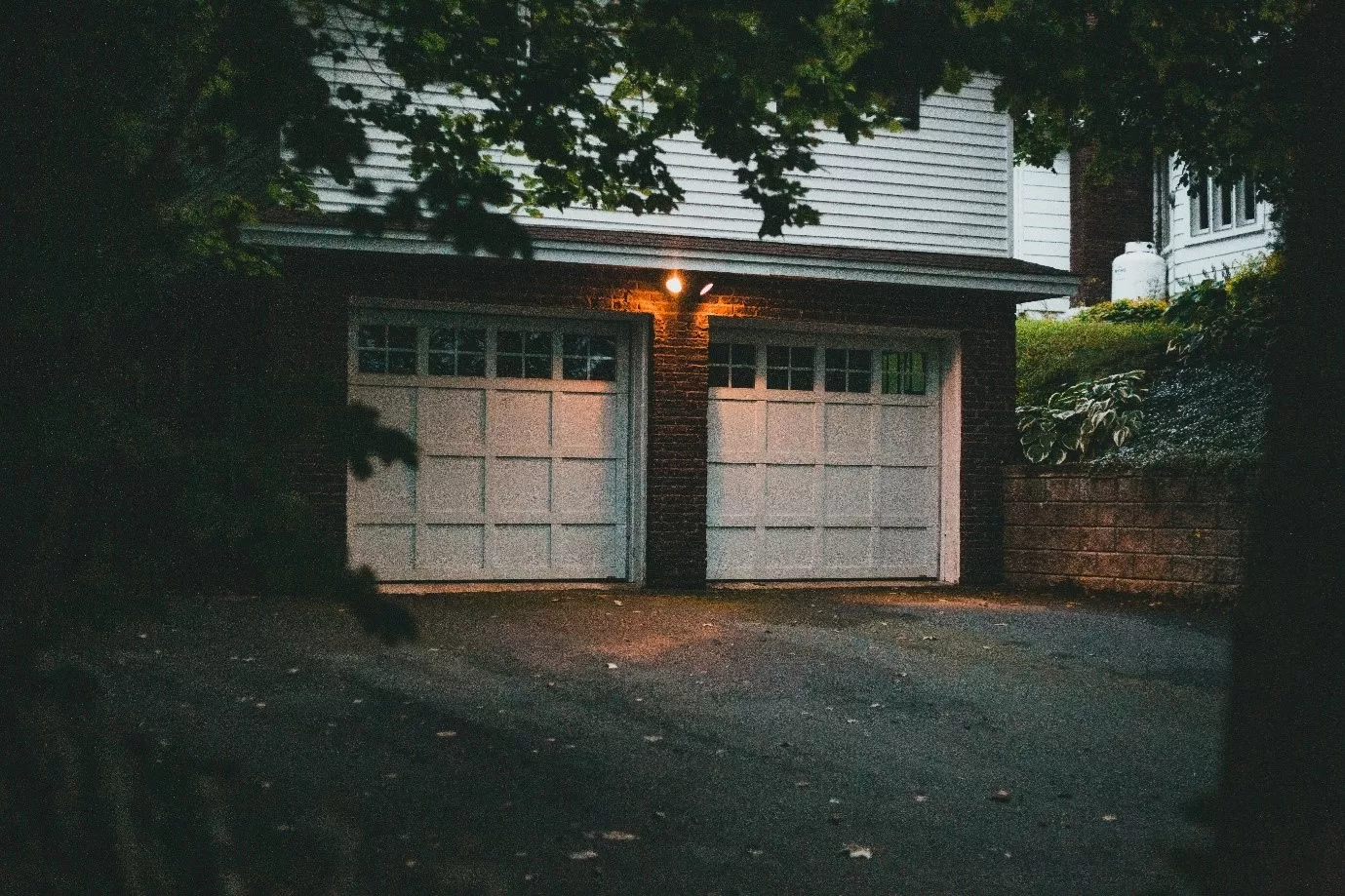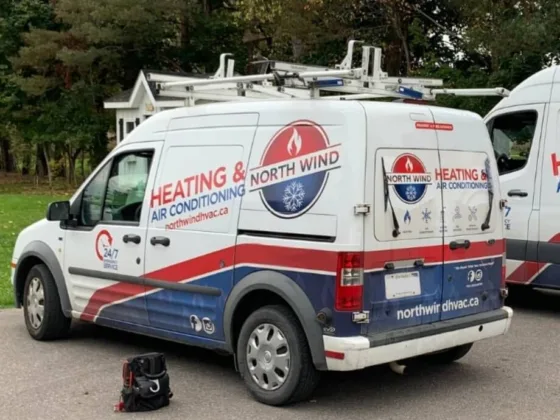Picture this: It’s the middle of summer, and you’re wilting in the heat like a popsicle on a scorching sidewalk. The only solace you have is your trusty air conditioner, but suddenly, it starts sputtering and groaning, leaving you in a sweaty predicament. Is it time for an AC replacement?

Signs you need a new system could be staring you right in the face! So, before you melt into a puddle of discomfort, let’s delve into the telltale signs that your AC system might be on its last legs.
8 Signs You Need a New AC System
Is your AC system giving you hints that it’s on the verge of retirement? Let’s play detective and look for these unmistakable signs:
Unit is Old
Is it time for an AC repair or replacement? Well, the first thing to consider is the age of your AC system. After all, it’s not a fine wine that gets better with time. In fact, it’s quite the opposite. Air conditioning units, on average, have a lifespan of 10 to 15 years. If your system is pushing the boundaries of this age range, it might be whispering, “I’m ready to retire!” with every hum.
Frequent Repairs
Remember those times when you had to summon the repairperson more often than your friends? If you find yourself on a first-name basis with the AC technician, it’s a sign that your system is struggling to keep its cool. Frequent air conditioning repairs are a drain on your wallet, and they’re often an indicator that your AC system is on its last leg.
Rising Energy Bills
Who doesn’t love a good bargain, right? Well, if your energy bills have been steadily climbing, your AC might be the culprit. As your system ages, it becomes less efficient, guzzling up more energy to produce the same amount of cooling. Your wallet is crying, and it’s time to consider a more energy-efficient replacement!
Read Also :
Inconsistent Cooling
Do you ever feel like your house is playing a cruel game of temperature roulette? One room’s freezing, while the other feels like a desert of warm air. If your AC can’t maintain consistent cooling throughout your home, it’s a red flag! Uneven cooling might indicate that your system is struggling to distribute cool air effectively.
Strange Sounds and Odors
Is It Time for an AC Replacement? Yes, it is if your AC system is becoming a percussion instrument or an air freshener you didn’t ask for. Odd sounds like clanking, banging, or screeching are signs that something is amiss. Likewise, if your AC starts emitting unpleasant odors, it’s not trying to add ambiance. It’s time for a new system.
Poor Air Quality
Your AC is not just about cooling; it’s also about maintaining air quality. If you’ve noticed an increase in dust, allergens, and humidity in your home, your AC might be underperforming. A new system can help you breathe easier and keep your home’s air pristine.
Excessive Moisture and Leaks
Is your AC system leaving puddles as though it’s trying to compete with the neighborhood pool? Moisture or leaks around your AC unit are signs of trouble. It could be a refrigerant leak, which not only harms the environment but also your AC’s efficiency.
Outdated Technology
In the era of smartphones and smart homes, older AC systems may feel like dinosaurs. Outdated technology can lead to inefficiency and higher energy consumption. If you can’t control your AC remotely or customize cooling zones, it’s time to upgrade!
Things to Consider When Buying a New AC System
When purchasing a new air conditioning (AC) system, there are several important factors to consider to ensure you get the best unit for your needs and budget:
AC Size:
It’s crucial to choose the right-sized AC system for your space. An AC that is too small won’t cool effectively, while an oversized one can lead to energy inefficiency. Consider consulting with a professional to determine the appropriate size for your home.
SEER Rating:
The Seasonal Energy Efficiency Ratio (SEER) measures how efficient an HVAC system is. Higher SEER ratings indicate greater efficiency. Look for a unit with a good SEER rating to save on energy costs.
Cooling Capacity:
Ensure the AC unit has sufficient cooling capacity for your space. An HVAC professional can help calculate the required capacity based on your home’s size and cooling needs.
Reliability:
Research the brand and model to ensure reliability. Read reviews, ask for recommendations, and choose a reputable seller or HVAC contractor. Reliability is essential for long-term satisfaction.
Energy Efficiency:
Look for an AC unit with good energy efficiency to save on operating costs. Modern units often come with energy-saving features, such as programmable thermostats and variable-speed fans.
Costs:
Determine your budget for the AC system and any additional components like thermostats. Consider long-term energy costs to make an informed decision. It’s important to factor in installation costs as well, which may vary depending on your home’s setup. Ensure you work with a professional HVAC company like Paragon Service Pros for a seamless and efficient installation.
Essential Features:
Consider the features you need, such as programmable thermostats, variable-speed fans, and air quality enhancements. Select options that enhance your comfort and energy savings.
By considering these factors, you can make an informed decision and select an AC system that provides efficient cooling, reduces energy expenses, and ensures your home’s comfort.
Conclusion
So, is it time for an AC replacement? Signs you need to replace your system are pretty clear-cut when you know where to look. If your system is aging, requiring frequent repairs, causing your energy bills to skyrocket, and making your home feel like a climate-themed amusement park, it might be time to say goodbye.
Don’t let your AC system leave you sweating in the summer or freezing in the winter! Stay cool, save money, and breathe clean air by considering a new, efficient AC system. Upgrade to modern technology and regain control of your home’s climate. Your comfort and peace of mind are worth it!
About the Author
Maria Klesser is a content marketing specialist for Paragon Service Pros, with a focus on creating informative and engaging articles about heating, ventilation, and air conditioning. With 5 years of experience in the industry, she brings a unique perspective to her writing, combining her technical knowledge with her passion for helping homeowners understand how their HVAC systems work.









